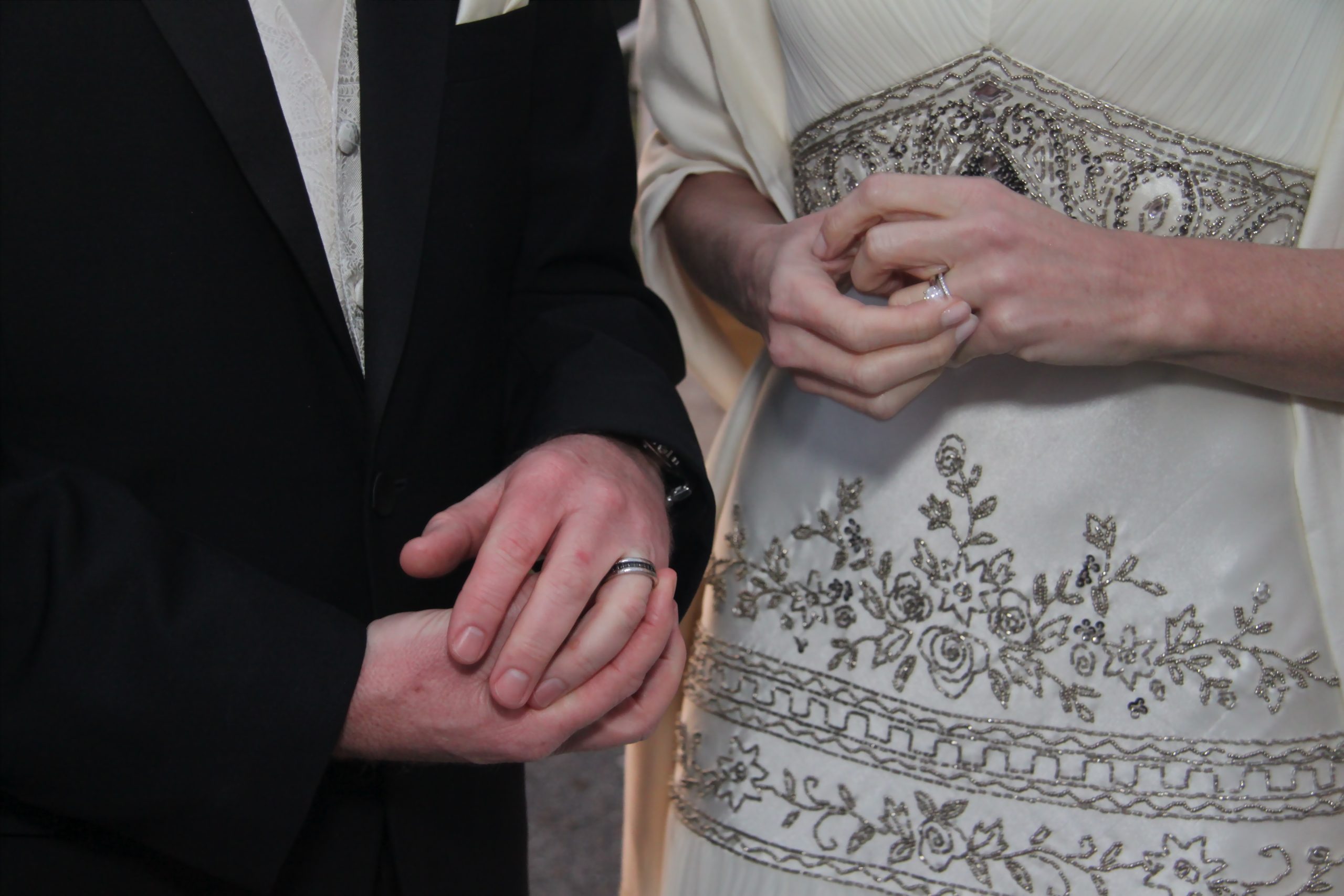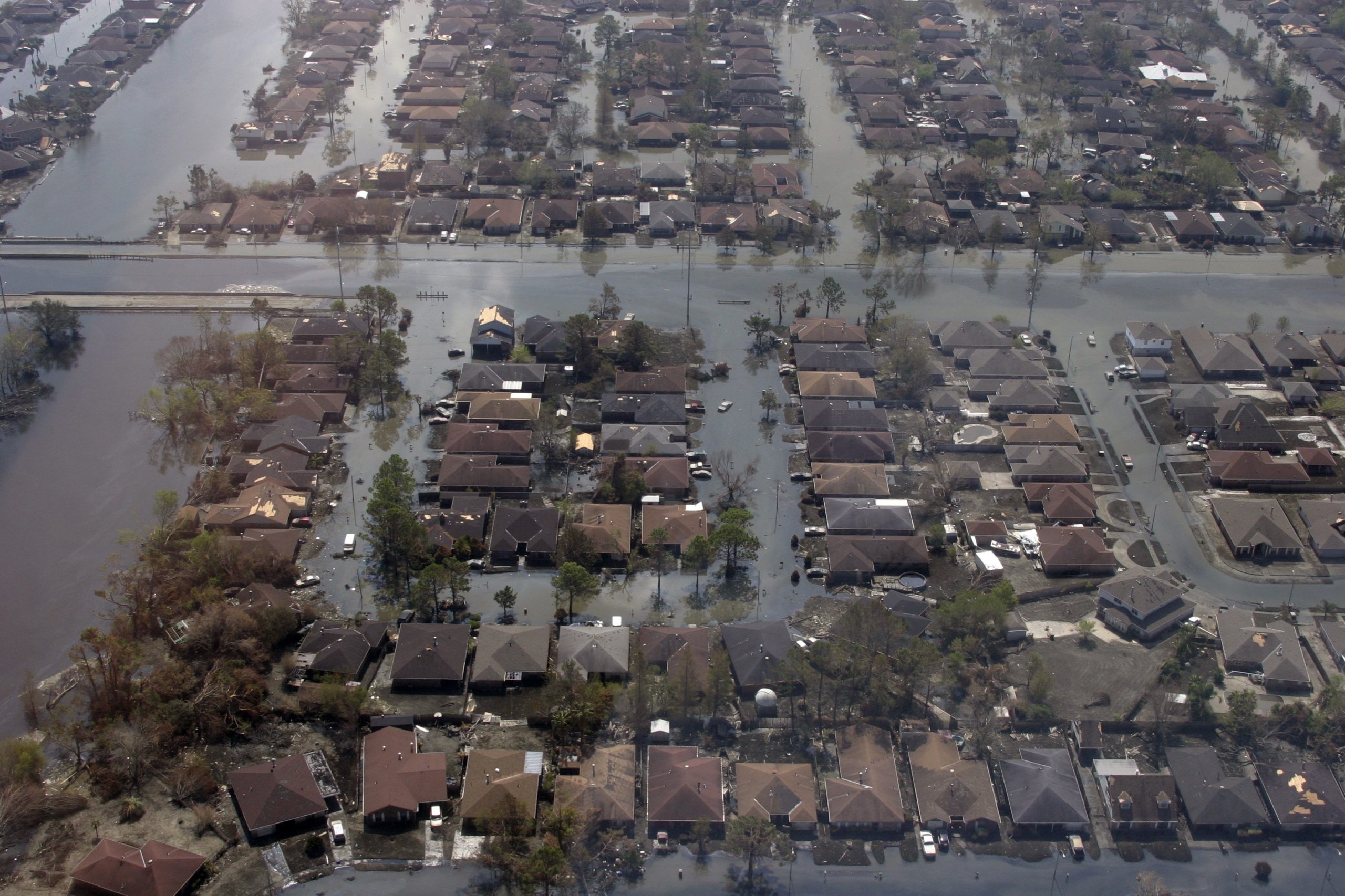 Filing a medical malpractice claim in Louisiana involves navigating a complex process, including meeting strict deadlines. One crucial step is timely paying the filing fee to the Patient’s Compensation Fund Oversight Board (PCF Board). But does the “mailbox rule” apply to these payments? A recent Louisiana Court of Appeal case, In re: Medical Malpractice Review Panel Proceedings of Tiffany Anderson, grappled with this question, highlighting the importance of understanding the nuances of the law and the potential consequences of missed deadlines.
Filing a medical malpractice claim in Louisiana involves navigating a complex process, including meeting strict deadlines. One crucial step is timely paying the filing fee to the Patient’s Compensation Fund Oversight Board (PCF Board). But does the “mailbox rule” apply to these payments? A recent Louisiana Court of Appeal case, In re: Medical Malpractice Review Panel Proceedings of Tiffany Anderson, grappled with this question, highlighting the importance of understanding the nuances of the law and the potential consequences of missed deadlines.
Tiffany Anderson’s Case:
Tiffany Anderson filed a request for a medical review panel with the PCF Board alleging medical malpractice. She mailed the required filing fee within the 45-day deadline, but the payment was not received by the PCF Board until after the deadline. The PCF Board declared her claim invalid, and the district court upheld this decision. Anderson appealed.
 Insurance Dispute Lawyer Blog
Insurance Dispute Lawyer Blog


 In a significant development for medical malpractice litigation in Louisiana, the Fourth Circuit Court of Appeal recently reversed a summary judgment, underscoring the importance of thorough fact-finding and the potential need for expert testimony in such cases. The case,
In a significant development for medical malpractice litigation in Louisiana, the Fourth Circuit Court of Appeal recently reversed a summary judgment, underscoring the importance of thorough fact-finding and the potential need for expert testimony in such cases. The case,  A recent ruling by the
A recent ruling by the  A recent ruling by the Louisiana Court of Appeal has shed light on the complexities of prescription (the state’s equivalent of a statute of limitations) and the concept of joint tortfeasors in wrongful death cases. The case, Crocker v. Baton Rouge General Medical Center, involved a tragic incident where a mentally impaired man, Jerry Sheppard, died after an altercation following his discharge from the hospital.
A recent ruling by the Louisiana Court of Appeal has shed light on the complexities of prescription (the state’s equivalent of a statute of limitations) and the concept of joint tortfeasors in wrongful death cases. The case, Crocker v. Baton Rouge General Medical Center, involved a tragic incident where a mentally impaired man, Jerry Sheppard, died after an altercation following his discharge from the hospital. A recent
A recent  Injuries that occur while an individual is working can devastate the injured party’s life in several ways. Not only does the injured party likely earn less money due to the injury, but other damages, such as medical expenses and loss of enjoyment of life, may also result.
Injuries that occur while an individual is working can devastate the injured party’s life in several ways. Not only does the injured party likely earn less money due to the injury, but other damages, such as medical expenses and loss of enjoyment of life, may also result. It is always tragic when a loved one passes away, especially when there are children are involved. Death benefits are part of the workers’ compensation system intended to help the surviving family members when someone passes away as a result of an on-the-job accident. However, with the evolving definition of a family, there can sometimes be complicated legal issues about who is entitled to recover death benefits. This case involves a claim from a supposedly unmarried romantic partner who had a child with the worker who died in an accident at work.
It is always tragic when a loved one passes away, especially when there are children are involved. Death benefits are part of the workers’ compensation system intended to help the surviving family members when someone passes away as a result of an on-the-job accident. However, with the evolving definition of a family, there can sometimes be complicated legal issues about who is entitled to recover death benefits. This case involves a claim from a supposedly unmarried romantic partner who had a child with the worker who died in an accident at work.  We have all heard the saying “time is of the essence.” This is especially true when you are filing a lawsuit. If you do not comply with the statutory requirements for how long you have to file a lawsuit, a court will be unable to hear your claim. Although certain exceptions apply that extend your timeline for filing a lawsuit, there are strict evidentiary requirements for these exceptions to apply.
We have all heard the saying “time is of the essence.” This is especially true when you are filing a lawsuit. If you do not comply with the statutory requirements for how long you have to file a lawsuit, a court will be unable to hear your claim. Although certain exceptions apply that extend your timeline for filing a lawsuit, there are strict evidentiary requirements for these exceptions to apply.  Even in cases involving tragic factual situations, strict procedural requirements must be followed to prevail on your claim. This case involves the time limits in which you must file a lawsuit and the principle of
Even in cases involving tragic factual situations, strict procedural requirements must be followed to prevail on your claim. This case involves the time limits in which you must file a lawsuit and the principle of  Hurricanes do not discriminate. Regardless of age, wealth, gender, health, or race, hurricanes are merciless to all they come in contact with. Such was the case for Ms. Taylor, who experienced the wrath of Hurricane Katrina in 2005.
Hurricanes do not discriminate. Regardless of age, wealth, gender, health, or race, hurricanes are merciless to all they come in contact with. Such was the case for Ms. Taylor, who experienced the wrath of Hurricane Katrina in 2005.